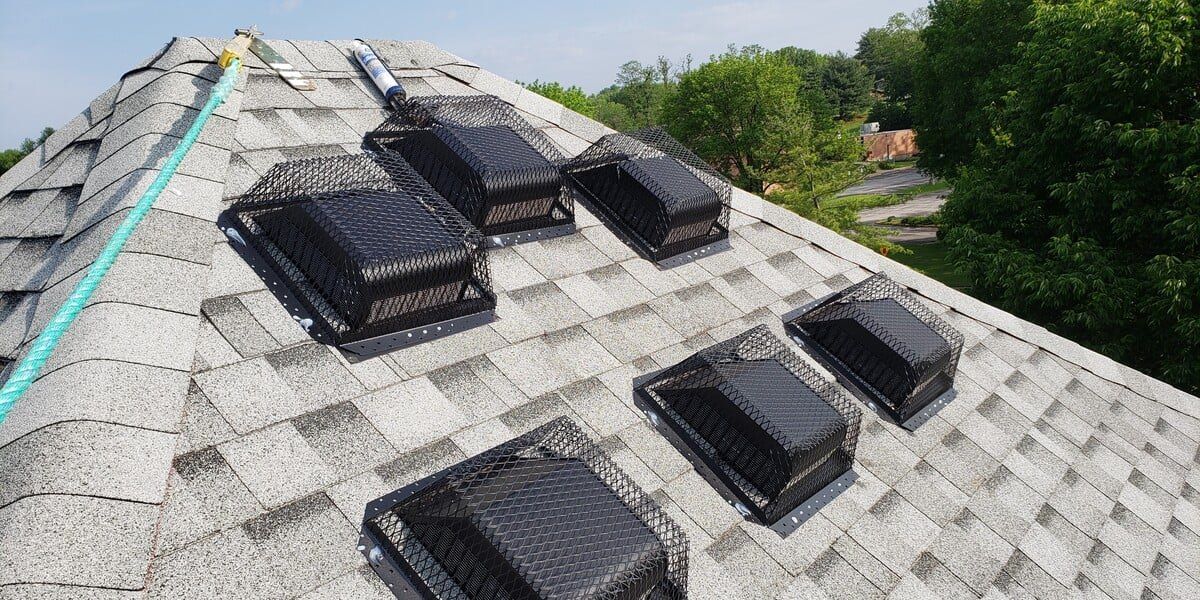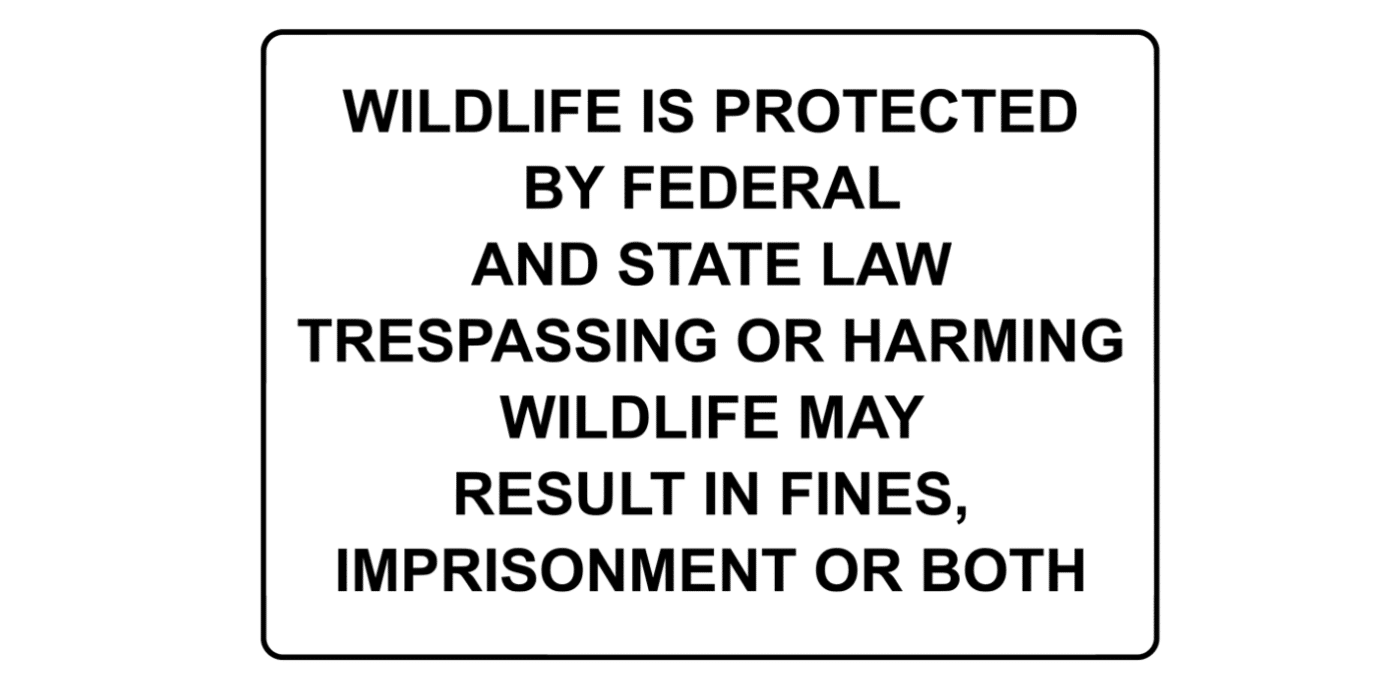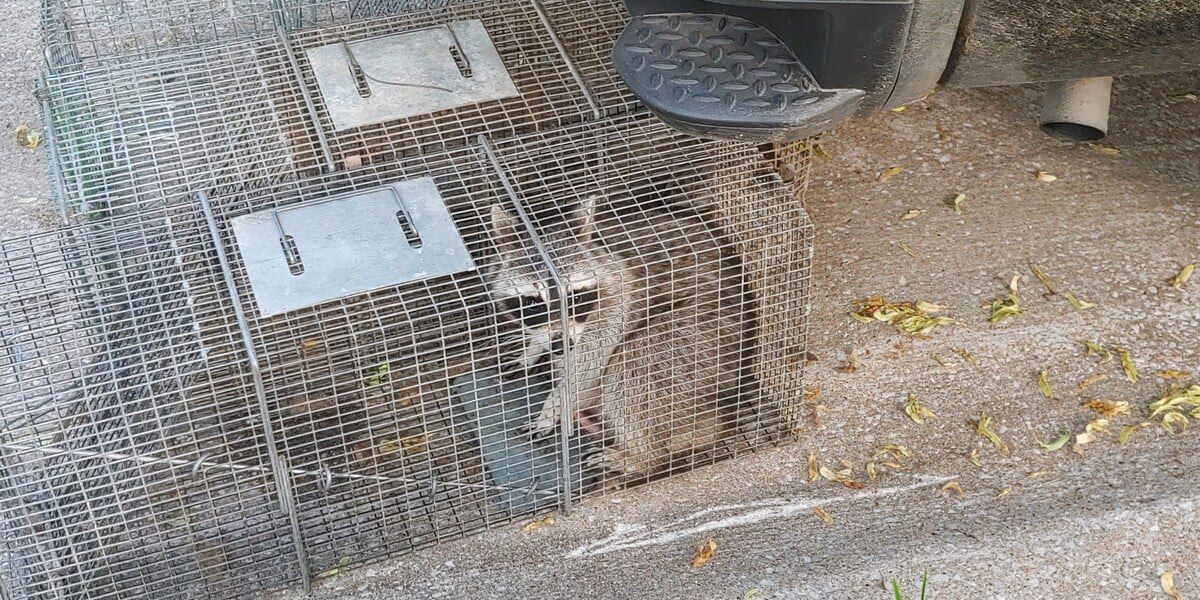Subscribe now and get our latest blog and video content delivered straight to your inbox.
3 Reasons Only Professionals Should Install Wildlife Exclusion Devices

Oct 13, 2023

Paying for any house project (like landscaping, building a deck, installing new flooring, and plenty more) usually boils down to two factors: material and labor. It’s basically impossible to avoid paying for material, but DIY-inclined individuals may try to save some money by cutting out labor costs and completing a project themselves.
In a lot of cases, this is a clever way to hone your trade skills and keep your bank account intact. So, if you’re interested in preventative pest control solutions, the question naturally follows: “Should I try to install wildlife exclusion products on my own?”
It’s a fair question. After all, if someone can, say, install a new door on their house, why shouldn’t they try to put in their own pest control products?
At HY-C, we make our own line of wildlife exclusion caps, screens, and guards. We also work directly with wildlife control experts around the country to facilitate installation on homes everywhere, and the consensus is clear: the installation of wildlife exclusion devices is better left to wildlife control professionals rather than homeowners.
That statement may seem overly cautious to some readers. But in this guide, we’ll outline three reasons why it’s best not to install your own wildlife exclusion devices. By the time you’re finished, you’ll understand the nuances and expertise required to ensure the proper installation of these devices, and it will be clear why this kind of work is better left to the professionals.
Why You Shouldn’t Install Wildlife Exclusion Products on Your Own
Reason #1: Roofs Are Dangerous

Quite a few wildlife control products (specifically chimney caps and roof vent guards) are installed on a home’s roof. And even if you’re comfortable up on your roof, there are plenty of reasons to avoid climbing that ladder and installing these caps and guards yourself.
First of all, roofs are dangerous. It should go without saying that a fall from a roof can lead to serious injury or even death. That risk is great enough on a single-story home; if you have a two- or three-story house, the probability of significantly harming yourself in a fall increases exponentially.
Roofs are also made with different slopes. Even a flat roof is dangerous enough (especially if you’re close to the edge), but some roofs may feature a slope of 45° or greater. The steeper your roof, the greater the chances of an accident.
Roofers, chimney sweeps, and wildlife control specialists utilize safety equipment to mitigate the risk of falling from a roof while doing their jobs. Between roofing-specific footwear, ladders, harnesses, and ropes, professionals have the gear they need to operate safely on a rooftop.
Even if you own that kind of gear yourself, professionals who work on roofs receive training on the proper use of the equipment and spend years practicing and perfecting their craft. At the end of the day, it’s best to stay off your roof and simply leave the installation of rooftop wildlife exclusion devices to the pros.
Reason #2: Wildlife Laws Vary Widely

Wildlife exclusion devices aren’t designed to capture animals; they’re designed to keep animals out of your house. What can happen if you install your own wildlife exclusion device, though, is that you may miss the signs of an animal’s presence in your home and accidentally seal them in. It’s at this point that you run into problems with your local, state, and even national wildlife control laws.
These laws are far too complex to delve into deeply here — they vary from state to state, or even city to city. But we can give you a few quick highlights of common wildlife legal problems courtesy of our wildlife control experts:
- You’re generally not allowed to keep the animals you catch
- In many cases, you can’t release captured animals on public land
- Some states don’t allow captured animals to cross county lines
- Some states don’t allow you even to capture animals at all (you can only exclude them)
- Many states require the euthanasia of a captured animal
For these reasons, it’s important to allow a trained wildlife control operator to inspect your house for animals before installing exclusion devices. From there, that same expert (or another expert they’ve recommended) should install the exclusion equipment. Proper training and a keen understanding of local wildlife laws are prerequisites that only a wildlife control expert can offer.
Reason #3: Understanding Animal Behavior Requires Training

One of the most important aspects of installing wildlife exclusion products is knowing how to install the right device at the right time for the right critter. Installing a screen with ⅝” mesh (instead of ⅜” mesh) on a foundation vent could result in mice or birds invading. Forgetting to attach some bug screen to a ⅜” mesh soffit vent could wind up allowing wasps and stink bugs into your attic.
Animals are crafty and resourceful. Once they’ve found a place to live and store food, they don’t want to give up on that spot — even if it’s right inside your chimney. Installing wildlife exclusion devices isn’t just about using the right hardware and the right drill bit; it’s about knowing critters’ habits and how to adapt to them.
Wildlife control professionals spend years learning about the animals they control, and the good ones become experts in those animals, acutely aware of what they like, how they act, and how to keep them out of peoples’ houses. For these reasons (and more), they’re best qualified to install exclusion products on your home.
How Can You Find Someone to Install Wildlife Exclusion Products?
You may have come to this article with some skepticism, but hopefully by now it’s clear why the installation of wildlife exclusion devices is better left to the professionals. Between the dangers of being on your roof without proper training and equipment, not understanding your local wildlife laws, and having little to no experience with animals’ behavior, there are plenty of reasons to defer to a wildlife control operator.
But where can you find one?
If you’re interested in installing HY-GUARD EXCLUSION’S animal exclusion screens, guards, caps, we’d be more than happy to point you in the direction of an operator in your area who can help. We’ve built up a great network of professionals who install our products (or products like them) all the time. Get in touch with our customer service team — they’ll be happy to assist you.

